In September we continued our “Stay or Go” series on LinkedIn Live featuring stories and experiences of folks across Corporate America. In this series we are interviewing 6 people staying IN corporate jobs followed by interviews of 6 people opting into freelance work to better understand what’s driving people today.
In this session, Brea sat down with Jamil Miles-Connell a Senior Director at SAP. Jamil has worked with the largest consumer brands in the world – including Pepsi and Proctor & Gamble – and has spent her mothering years in tech. Here’s what’s unique about Jamil’s approach to building her “portfolio career”- she seeks opportunities for which she considers herself 30% qualified. That leaves 70% of her time dedicated to learning and growth, and that keeps her IN traditional employment. Listen to the full recording of their conversation here:
Check out all our Stay or Go Series events here: https://lionsandtigers.com/category/stayorgo
Transcript:
Brea:
Hello, everyone. Hi, good morning. Good afternoon, wherever you are, my name is Brea Starmer. I am the Founder of Lions and Tigers, and welcome to our Stay or Go event. Let me give you a little bit of context. At Lions and Tigers, our vision is to be a force for systemic work evolution. And as a result, we’re super interested in the future of work or what I like to call the “now of work”. And so we’ve started this series called Stay or Go, where we interview folks who are making very intentional choices about their careers. And this has become very interesting for us because many of you are tracking that in within five years 50% of our American workforce will be independent. Lions and Tigers specializes in building blended teams of employees and non-employees. So I’m just curious what everyone is thinking about right now. And I tend to have these private conversations, but we are pulling this out into public. And I really want you to meet Jamil because she is so fascinating and so interesting. And we’re gonna have a quick conversation today to talk about the choices that she’s making to stay in tech. So Jamil, thank you for being here with us.
Jamil:
Thank you for having me, Brea. I’m excited to be part of this conversation.
Brea:
Awesome. Me too. The reason that we’re coming together with Jamil is that really she has built what we’re calling a portfolio career. It is incredibly impressive on paper. And then when you start to understand the why behind it, it makes a lot of sense. And I want other people to learn from you, Jamil. So Jamil has spent many years in corporate working with brands that we use every day from Procter and Gamble to Sony to Pepsi, and then has spent the last almost decade in tech. And so Jamil, I want to talk with you a little bit about this portfolio career you have built because it’s very enviable. And I want you to talk with us a little bit about whether you had a career plan or not. So I’m curious, did you start out with a career plan? How did this all happen?
Jamil:
Yeah, I think from a career plan perspective, broadly speaking, no, but I knew what my passions were pretty early. When I was young, I’d watch TV and I liked commercials. When someone told me that that was marketing, I said, “okay, that’s what I’m going to major in.” And so when I went to undergrad, I spent my time in the business school at the institution I went to, and then from there I’ve continued to have a career in marketing. And so was there a plan? No, but I have always been following my passion in terms of what sparked my interest when I was really young.
Brea:
I remember when I went to my first interview, my first corporate job in marketing was at Microsoft, and I remember them interviewing me and saying, “what do you want to market? Or why do you want to work here?” and I’m like, “lady, I’d market bananas, I just want this job.” So you’ve been attracted to these really big brands for the most part, and you’ve you’ve done lots of things. But what about this big brand world has been attractive to you?
Jamil:
Sure. So with a number of the different brand companies that I’ve worked with, and even now in the b2b space, I’ve had the opportunity to touch so many different people. As a marketer, that’s one of the things that when I meet a lot of other people in this line of work, that’s something that motivates them. And sure, you might be doing that through the toothpaste someone’s buying or the hair products that they’re using, or the software solutions that they’re using for their business, but you’re impacting people’s lives, and you’re touching people’s lives, usually in ways that that are intimate, to some extent, right, about caring for your body, and products they might be providing to their families. And so those things give me motivation, frankly, and that’s what has attracted me to the different companies that I’ve worked for, those that have had brands that have impacted people’s lives.
Brea:
Okay, so the question, why are you staying in in corporate tech right now?
Jamil:
Sure. So broadly speaking, one of the things that I really think about, particularly when I even entered the working world, is that it’s volatile. And actually, for me, it’s less about even staying or going, but more around building a portfolio of a career. And so to your point that’s included a fair amount of time at big companies. But it’s also included a point in time when I spent time in the startup ecosystem, primarily hardware. And, you know, there’s definitely been an opportunity for me to be within these corporate spaces and be within these types of companies. But again, I’ve thought about that from a portfolio perspective, and ebbed and flowed between sizes of organizations and industries, as the opportunities have presented themselves.
Brea:
How about depth versus breadth of skill? Because I know you’ve you’ve done budget management, you’ve certainly thought about impact and measurement, but business strategy, of course marketing is a big category for you. So, how have you thought about where you learn next?
Jamil:
I think some of this even gets down to sort of my own personal motivation. My philosophy is, you know, I look for opportunities where maybe I know 30% of the job. I’m a high learner. And you know, I think to your question, yes, I’m probably more classified broadly, as a general manager in that respect in terms of my outlook. And so I’m not afraid when it’s like, yeah, 30% is what I understand. And typically, that includes some lens around maybe the marketing function, but there may be a whole other part of that job where it’s like, yeah, that’s going to be a learning opportunity for me, whether it’s a different business model, or a different category, you know, so those have really been the motivating factors for me when I’ve looked at different opportunities. And to your question more broadly, about stay or go, you know, the size of organizations I’ve been in are fairly large and are also generally speaking portfolio companies that have a number of different brands or a number of different businesses that they’re operating in. And so that has also presented opportunity to exercise that willingness to grow and look for opportunities still remaining within the company that I’m a part of.
Brea:
Okay, I have to stop at this moment. Because this 30% methodology, I’m floored by this. Because we know that approximately 40% of women are all looking for new work and new jobs. And so many of us, myself included, would want to be 100% qualified for a role before we apply for it. And you’re like, 30%, is my comfort level. You obviously have an appetite for risk and I don’t know, maybe a pension for pain. I’m not sure. How do you convince someone when you’re 30% qualified for a role that learning on the job is the right investment for them to make in you?
Jamil:
So I love that question. Because it’s actually quite timely, I’ve talked to a number of different people that are in the job search, some of who are considering industry changes. And you know, because I’ve worked in a number of different categories, they’ve said, “how did you make that happen?” And, you know, the first thing I’m going to tell you is, you have to look for people who embrace that. You know, the reality is that for some, either opportunities, or even individuals I’ve engaged with the idea of 30% qualified may scare them away. And in fact, that’s okay, right? Because I recognize, well, that’s probably not a good fit for me. And so I think some of that is self selection, right? And saying, “Hey, this is how I show up” putting yourself out there, even though you may not have 100% of that qualification. But you’re engaging in a conversation, if it’s an interview or an opportunity, where I would say, largely, I’ve met people in organizations along the way that have a growth mindset that they’re largely valuing people’s capacity for learning and change. And that is where I’ve tended to end up. So to your point, yes, I totally get it. And I would also offer a distinction between the 30% you know, what the role is, and the 100%, you know what you can do. So I think that’s a different trait. The growth you might have in a role, because you haven’t had that certain experience. I think it’s something that is healthy. You know your value in terms of what you bring. And that’s 100% all the time. So in that respect, you can be very transparent. And I have at times. It’s like, you know, I’ve never worked in that category, right? Yeah, we get that, but I know what 100% is of what I can bring to the table, if that makes sense. And that that’s going to be a learning area for me.
Brea:
I think oftentimes, we think of confidence and learning on opposite sides of the spectrum, like there’s a binary between those two. But what I hear you saying is that know that your confidence is over your learning, that you feel really confident in your ability to go into ambiguous situations and define impact or to create the space for where you can draw these other experiences that you’ve had that may not be directly correlated, but that are useful enough that you can get over that hump. You have to be really quick on your feet to do that.
Jamil:
Yes and you also have to build your network. I have worked with, worked for, and partnered with, a lot of good fellow employees and agency partners along the way, and I have continued to lean on those relationships when I’ve needed help in a certain area to either get up to speed or learn or even bring in that, “hey, I’ve worked with this person over here and they understand that so lets bring that subject matter expertise in.” And so that ability is valuable relative to the relationships you have. Because that’s part of it as well. I can learn so quickly I can Rolodex back like, oh my god, you know, they would know something about this.
Brea:
Yeah. Thank you for using a Rolodex reference. I actually want to do a follow up on that too, because networking in corporate is a different jam. For me, there’s so many people I can connect with that could be partners or could be collaborative collaborators, or could work here or could be clients that just like the whole world is open. And I would love to hear your perspective on how you’ve thought about approaching those relationships. You mentioned agencies, but I’m just so curious about the employee versus non-employee network and how that has has been for you?
Jamil:
Sure. Well, it’s actually been a process of developing that skill over time and also recognizing my own comfort level with what it means to network. So, for example, I’m actually someone who isn’t necessarily that excited about showing up to a space where I don’t know people. That does feel intimidating. And so you know, one of the kinds of assessment tools I have taken in terms of my own personal development is around strength finders. For those that might be familiar with that tool, it actually kind of unveiled for me, “No, you’re actually a high connection person. But you actually like doing it more as a one on one or small versus big events.” You see those people who can walk into a room and like work that room, and I’m like, “that’s amazing, but that’s not me.” So to your point, even internally, recognizing that one on one is more where I shine, and where I feel comfortable. And outside of my professional life, I look for those same opportunities, you know, within my community, whether it’s volunteering with a certain organization that I might have an affinity for, or also looking for organizations that are looking to connect people and build networks, but looking for sort of those smaller opportunities to build those relationships.
Brea:
And certainly, there is a lot of access and resources that comes with working at in a large tech organization like you’re in today. I’m thinking about, the question I want to ask you is around your values. Right now. I’m talking about mother to mother, the stakes are really high, people are valuing different things about work. And so I just want to know, for you in the years ahead, what are the top values you’re thinking about as you continue to say yes, to the gigs that you’re in?
Jamil:
Sure. So I have children that are elementary age. And so as I say, I’m right in the thick of it in terms of occasionally waking up in the middle of the night, because, you know, a three and a half year old is struggling with sleep. I think I have considered, you know, where I am from my life stage, where and how I’m engaging with my professional life, and I also think, some of the conversation that’s more broadly being had, particularly with COVID and return back to work, are those things that candidly, the organization I’m a member of, has always had a viewpoint around sort of this pledge to flex is what we talk about. But more importantly, this idea that people have full lives, and we want people to show up at their best. And if that includes a level of flexibility associated with their caregiving, in my case, it’s young children, for other colleagues is actually, you know, parents and other people in their lives. I found an organization that values that as part of the whole people that show up to work.
Brea:
Yeah, I mean, that’s such an important piece of criteria right now. I’ve talked to a lot of moms, right, so this is my lens on the world. And it’s so important to be in a culture that values that and that allows you that kind of flexibility. Okay sort of big questions before we wrap it. I know, this is so fast. You have such a perspective on our workforce, because you’ve just sort of been in it, and in all these different environments, I wonder if you could just articulate how you’re feeling about work overall, right now.
Jamil:
Um, you know, I came into the workforce a couple of years before the dot-com bubble burst. And so, you know, I’ve seen that as a function of sort of the work world. I actually lived in New York during 911. And so it was in New York during a kind of a wave where that was really sort of a financial crash, but it impacted our overall economy and now we’re living through the aftermath of a pandemic, and how that’s impacting our economy. And so I would say, you know, more personally, I’ve seen a lot of change throughout my whole work world. Does that make this moment any easier? No, but it is perspective that I can take, and I do have an orientation around. That this too, will pass. Having said that, I think this series is a really, really important conversation to have, because I do think it’s well worth it for people to think, is it staying? Is it going? Is it a portfolio that I need to view my career as? Because I personally think that’s more empowering. And I also think that that’s really largely the way that people will have to think about their lives intertwined with work, and how things seem to be continuously kind of up and down peaks.
Brea:
Yeah, I mean, there’s so much of this, that we have done it a particular way. And it does not have to be this binary choice anymore, which is, what is giving so much access and freedom for all of us for those staying in those coming out. So, okay, my last question for you, Jamil. What does legacy look like for you?
Jamil:
Interestingly enough, I was kind of having a conversation like this earlier today, because I was sharing some work I was doing within our company. And legacy for me is really about contributing to your communities, both the ones in which you may work, from a professional perspective, and then the ones in which you live. And in this particular conversation, you know, I said, my motivation is actually that because that’s why I’m here today. There are plenty of people along the way, both professionally and personally, that made space for doing and contributing into the community that I’ve been a part of, and either helped me kind of lift up and learn in the corporate setting, or also in my personal life, lift up and learn as a parent, and held me there. Because I don’t know about you, I didn’t get a handbook with my kids. I’m definitely learning as I go. And so really, that’s the legacy that I’m trying to pay forward. That as I’m moving through these spaces, and I’m doing the same for others that people have definitely done for me and continue to do for me.
Brea:
It’s people like you, I’m just most attracted to. Because you just are so thoughtful about what you do with your space and what you have and the resources available to you to create a better world for the people that come behind. So thank you for doing that. Thank you for spending time with us and being so vulnerable in this very public setting. Thanks for following along, connect with Jamil and then invite her into conversations within your organization’s because I think that we have a lot to learn from her wisdom. Anything else you want to leave us with before we close today?
Jamil:
No, this is a great series and I just look forward to the other guests that you’re going to have and tuning in to the next LinkedIn live.
Brea:
Awesome. Thank you. Thanks, everyone. Have a fabulous day. Talk to you all soon. Thank you. Bye
Transcribed by https://otter.ai


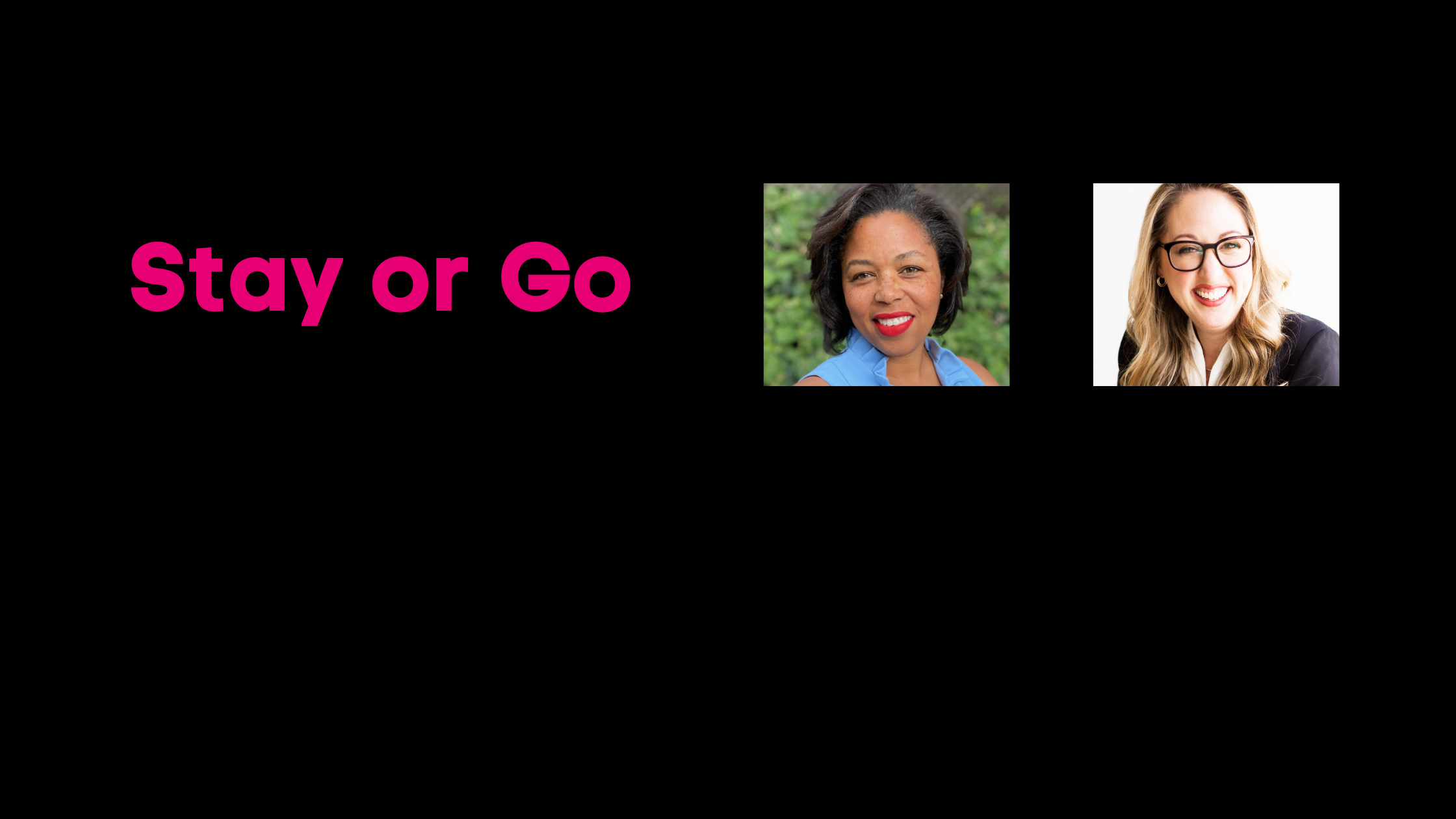

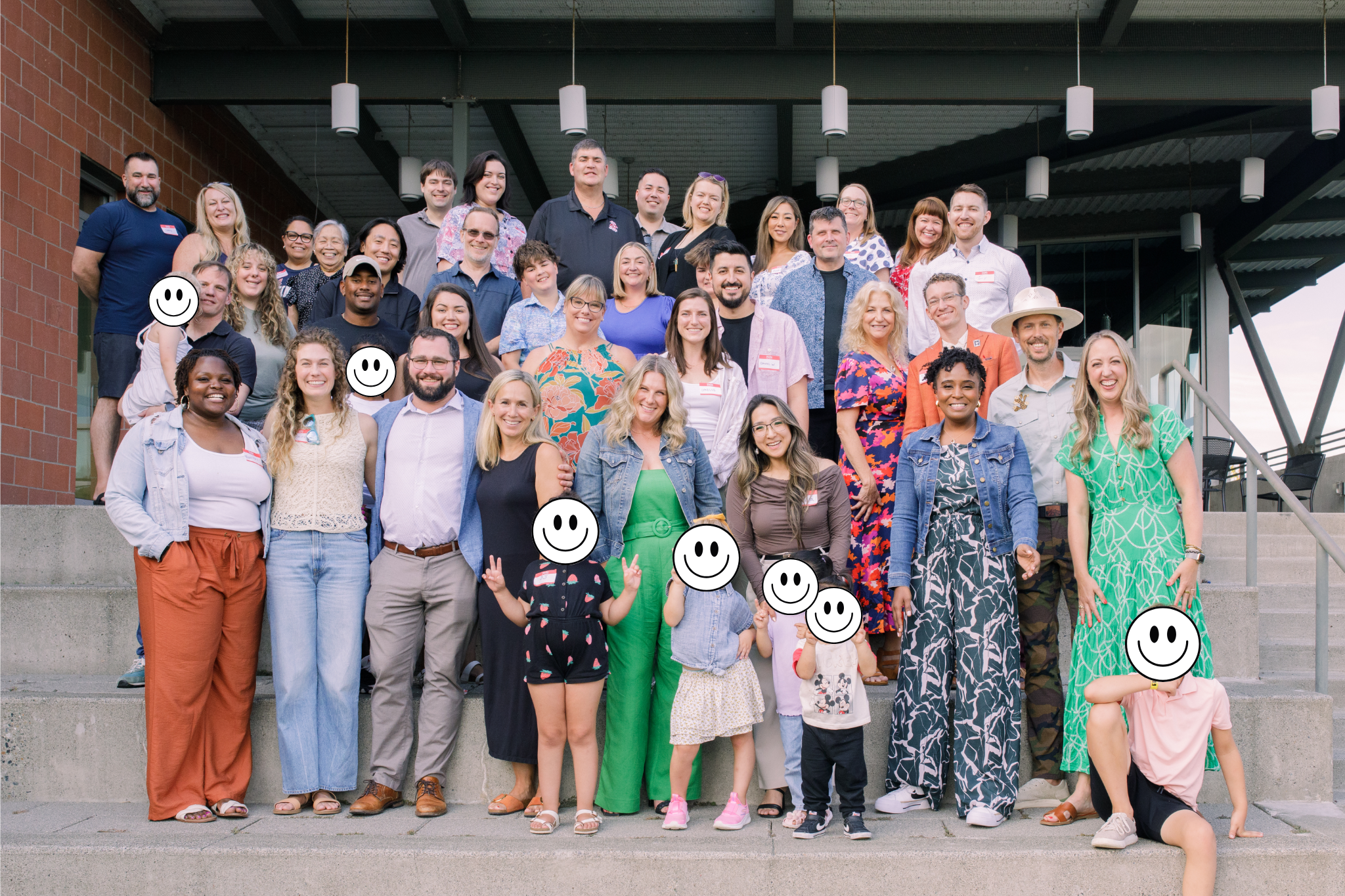
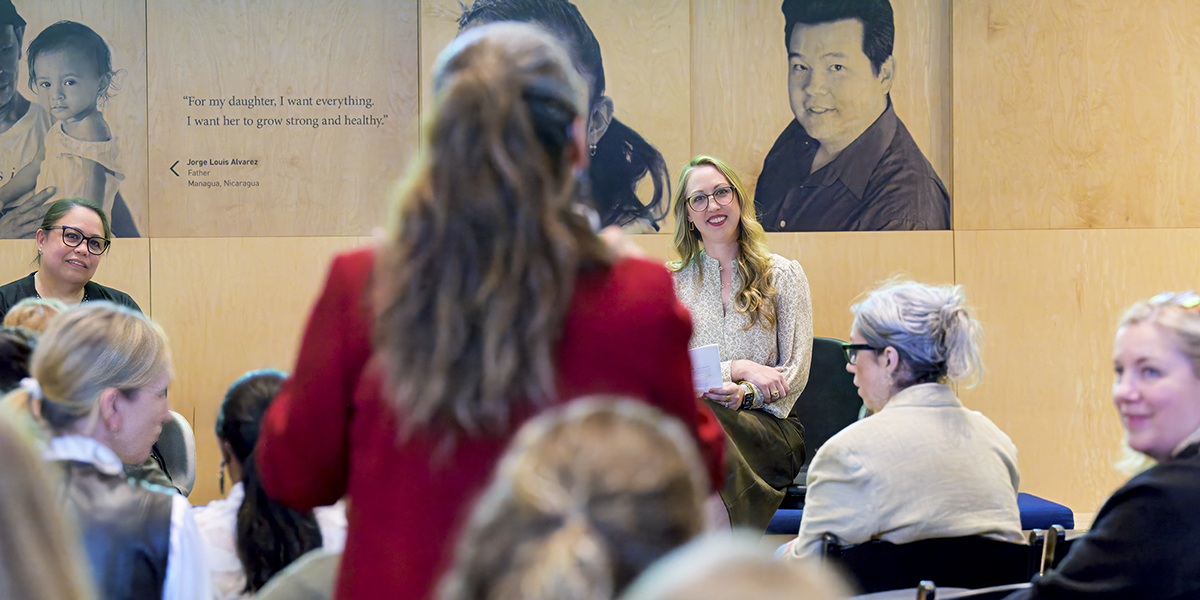
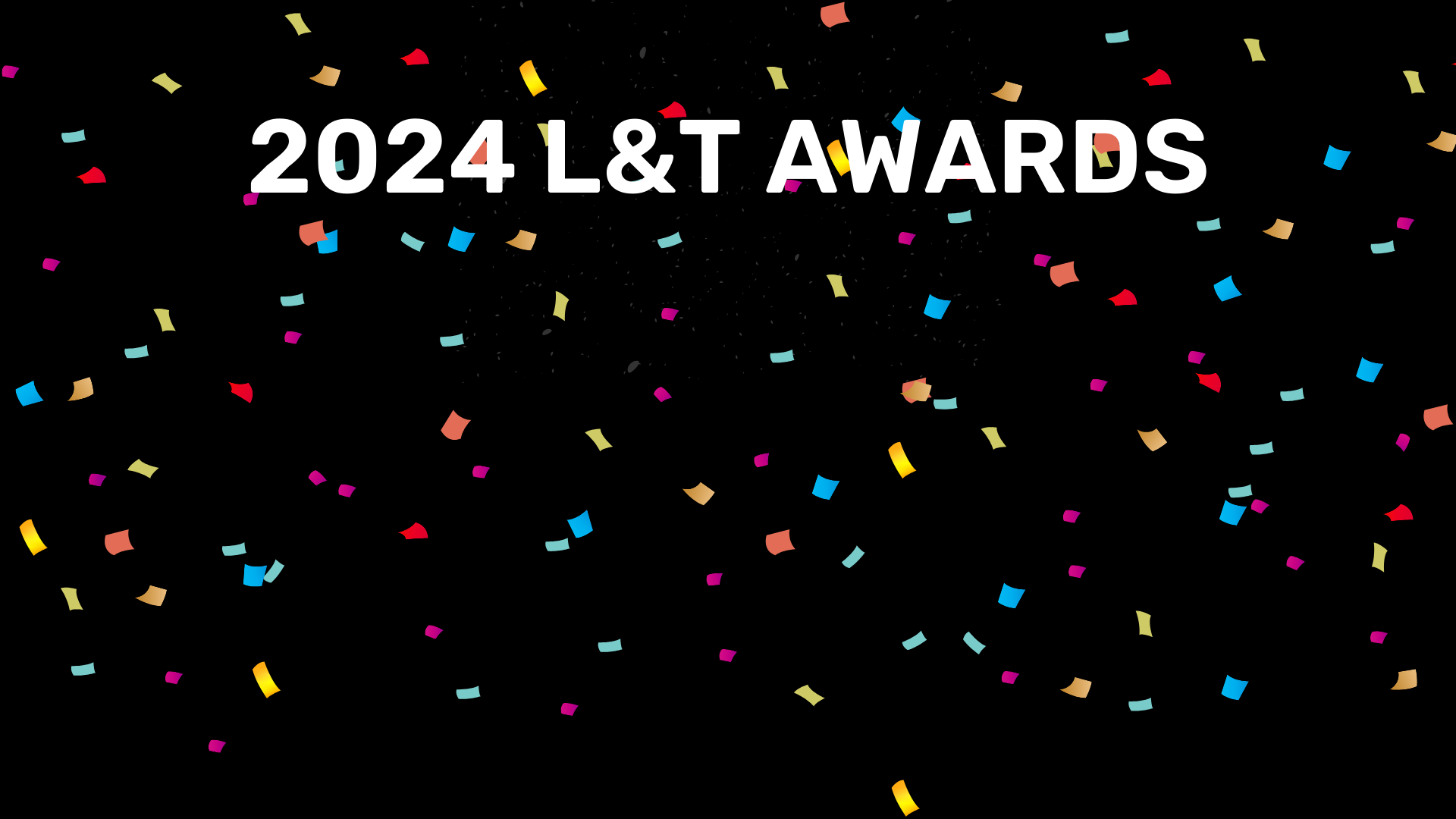
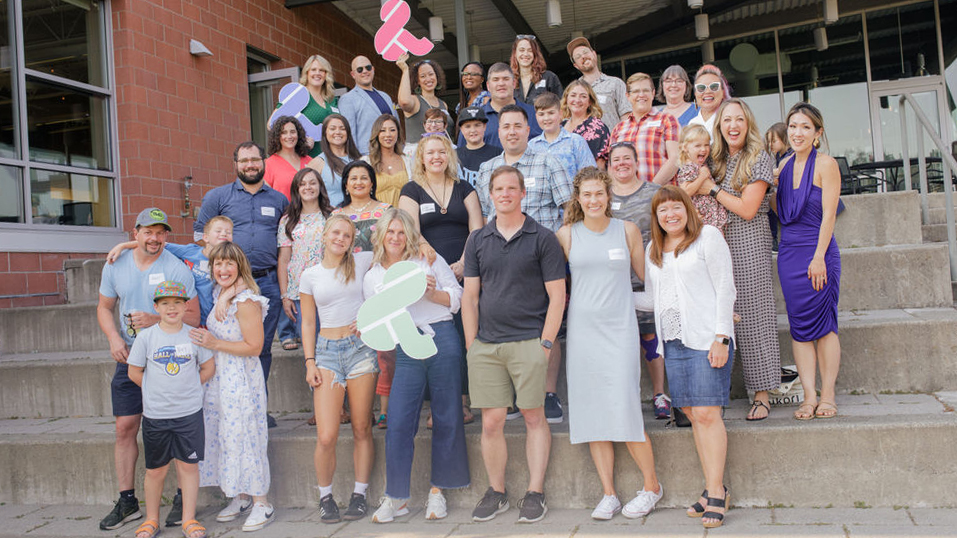
0 Comments